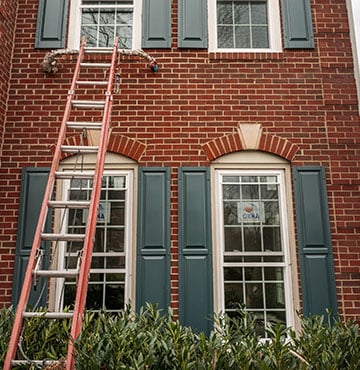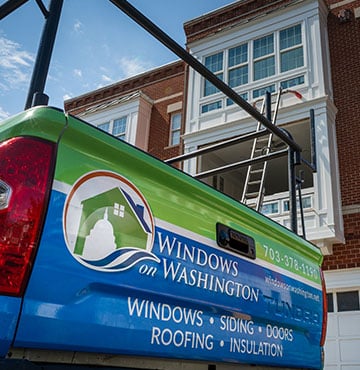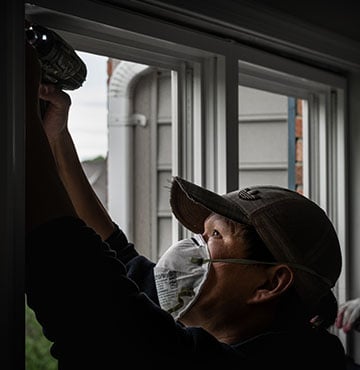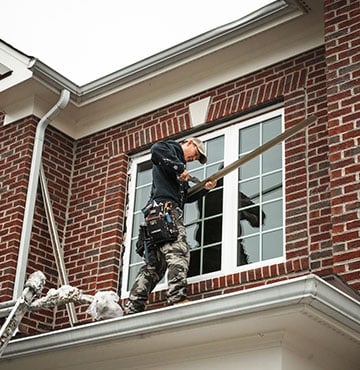
So the time has come for that big home improvement project. Whether it’s a new kitchen, bathroom renovation or replacement windows, chances are you’ve chosen your options carefully, prepared a budget and started researching contractors. While it’s an exciting time, it’s important to remember that one of the biggest hurdles is yet to come: scheduling. Home improvement projects should be a positive and fun experience, but many turn into a saga, derailed by delays and scheduling conflicts. If you’re about to embark on a home improvement project, here are 5 things you can do to make sure your contractor stays on schedule:
Agree On An Achievable Schedule Before Work Starts
Scheduling conflicts are a common part of any home improvement project, particularly those that involve more than one trade. It’s important that during the bidding process you ask each contractor to estimate how much time they need to complete their component of the job. And it’s always best to take their advice, otherwise you risk creating scheduling hassles later in the project. If the plumber estimates that he’ll need a week, don’t force him to do it in three days. “Many subcontractors can’t start their part of the project until another subcontractor completes his job,” says real estate expert Glenda Taylor. “For example, the drywall contractor can’t hang wallboard until the electrical and plumbing contractors run the wires and plumbing in the walls.” “If possible, organize a subcontractor meeting before the project starts to allow the subs to interact with one another and draw up a timeline calendar for each stage of the project.”
Communication Is Key
In the famous words of George Bernard Shaw, ‘the single biggest problem with communication is the illusion that it has taken place’. This problem is especially true in the home improvement industry. While you will have an initial meeting with your contractor at the start of the project, it is important to open up avenues of communication and speak regularly to discuss progress, issues and concerns. Construction Expert Craig Schoenberg knows all to well how a lack of communication can derail a project’s schedule, and cause rifts between contractors, subcontractors and homeowners.
“Schedule regular meeting times with your contractor to discuss the progress of your home remodel and to find out if there are any delays or questions you need to address,” he says. “The best home remodeling contractors will make the effort to talk with you and to maintain communication in whichever manner is most convenient for you.”
“Take advantage of this opportunity to connect with your contractor and build an open, positive relationship.”
Be Decisive
Making decisions on-the-go is a certain way to slow down your project. Without a clear idea of the colors or finishings you want to use, you risk spending precious time dilly-dallying over decisions when contractors could be busy installing them for you. Delaying decisions also increases the likelihood of delays in sourcing, ordering and delivering stock so it’s best to have a clear idea of exactly what you want before work gets underway.Have a contingency fund
A perfectly budgeted home improvement project is like the metaphorical pot of gold at the end of the rainbow — it’s a fantasy. It’s all too common for most home improvement projects to encounter problems and unforeseen issues that add to the initial budget. Nothing halts a home improvement project faster than a lack of funds and HouseLogic advises that homeowners should be prepared. “Take the winning contractor’s bid and add a 15% to 20% contingency for the unforeseen problems and changes that occur on every project,” the advise. “Is the total still within your ability to pay? If so, you’re ready to get started. If not, it’s time to scale back your plans.”
Always Use A Professional and Reputable Contractor
If you want your project to run smoothly and according the schedule, there’s no substitute for using a reputable and trustworthy contractor. These people know the industry, are experienced in the field, and can come up with workable solutions to any problems they might encounter along the way. And ultimately their business and reputation is built upon meeting the needs of their customers and ensuring projects run on schedule.
A reputable contractor will have:
- References
- Appropriate Licenses and Insurances
- Warranties and Guarantees on Products and Services
- Industry Certifications
- A Permanent Business Address and Contact
















%20(720%20%C3%97%20510%20px)%20(500%20%C3%97%20500%20px)%20(300%20%C3%97%20300%20px)%20(400%20%C3%97%20400%20px)%20(700%20%C3%97%20700%20px)%20(480%20x%20550%20px).png?width=480&height=550&name=Untitled%20(860%20%C3%97%20860%20px)%20(720%20%C3%97%20510%20px)%20(500%20%C3%97%20500%20px)%20(300%20%C3%97%20300%20px)%20(400%20%C3%97%20400%20px)%20(700%20%C3%97%20700%20px)%20(480%20x%20550%20px).png)
Comments